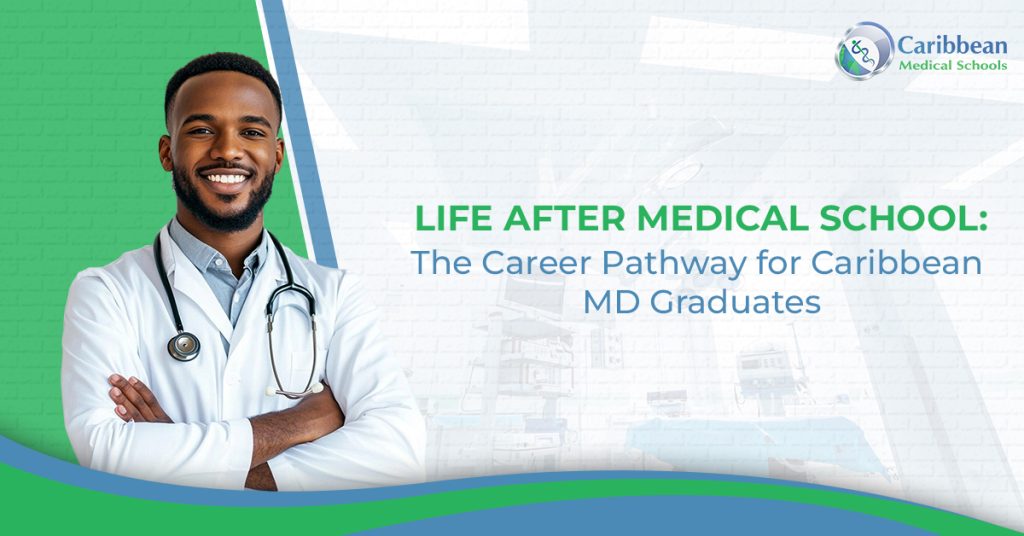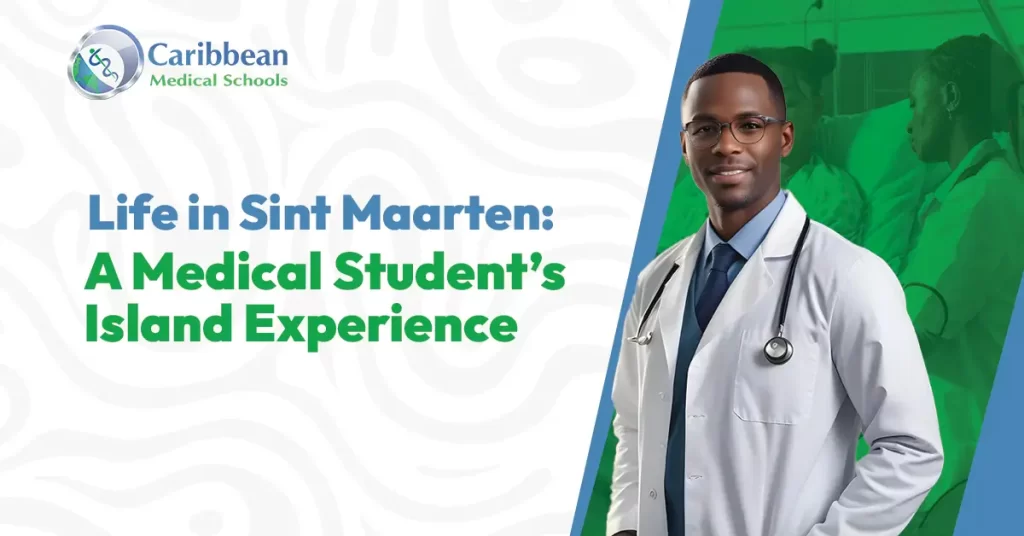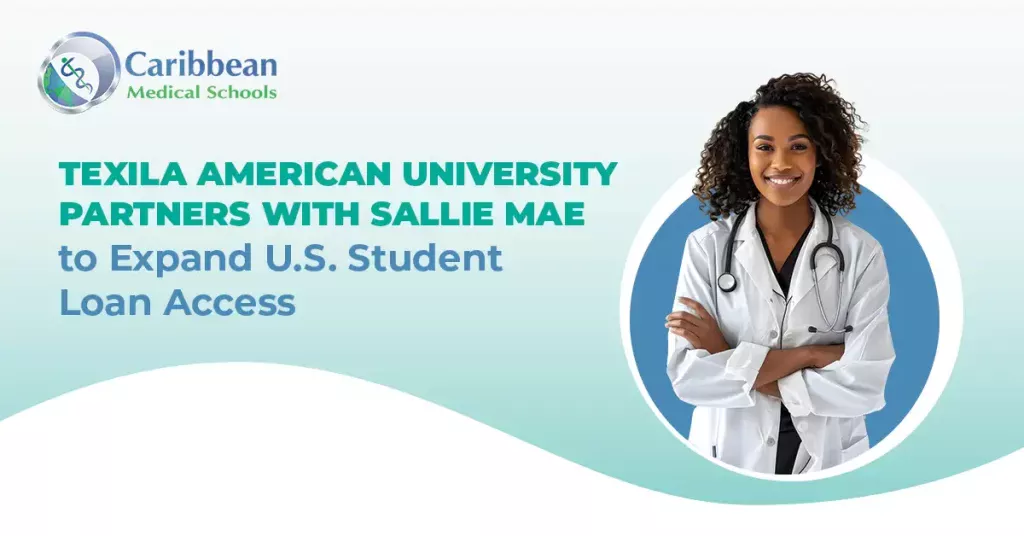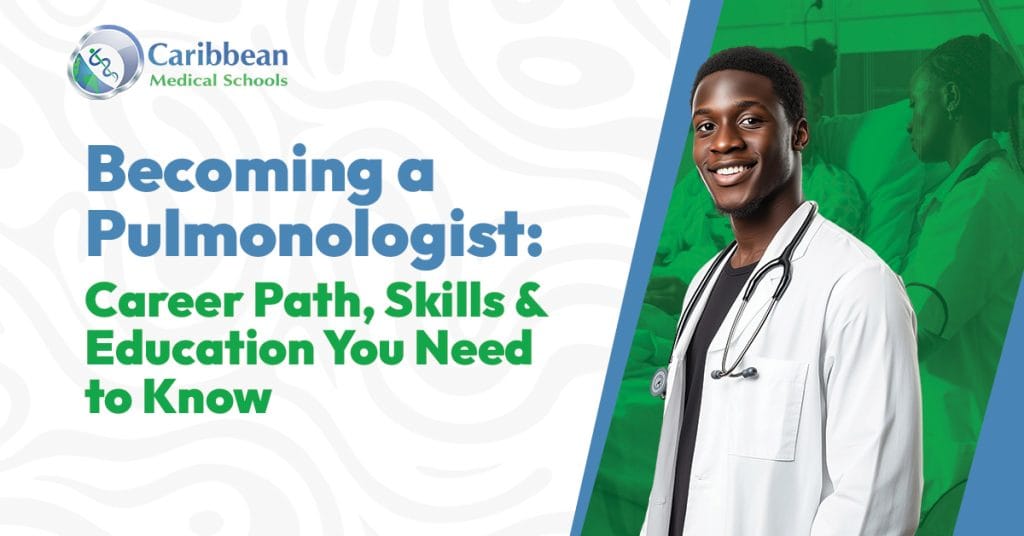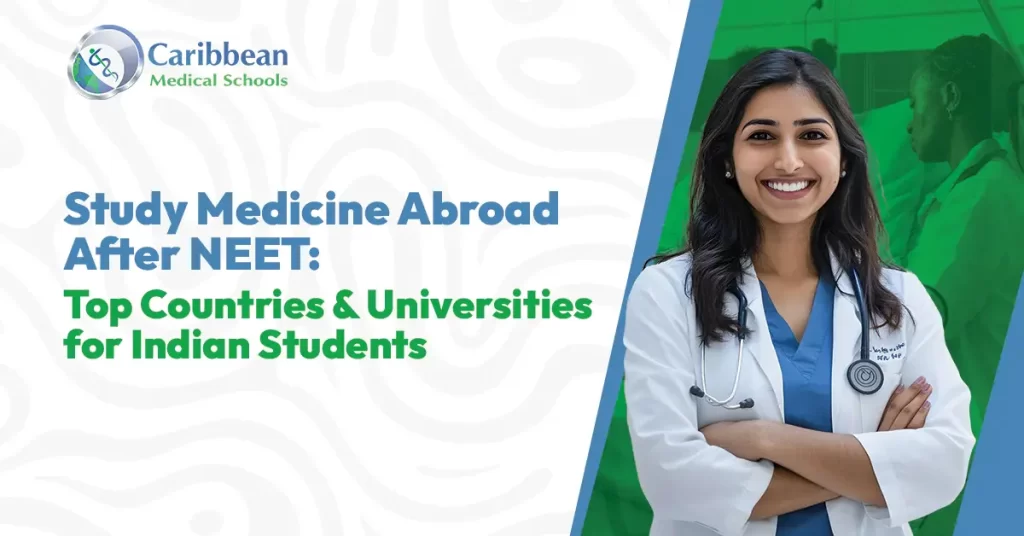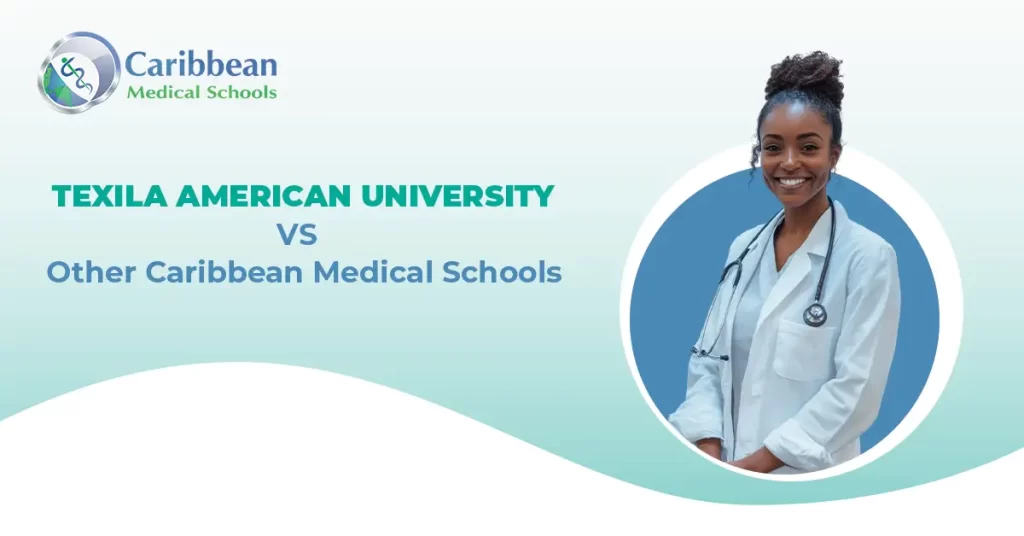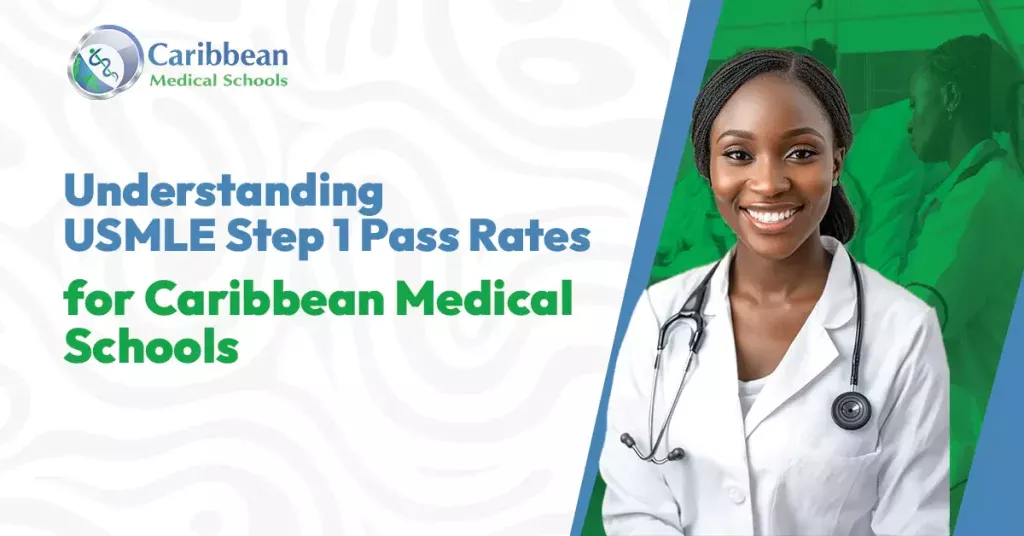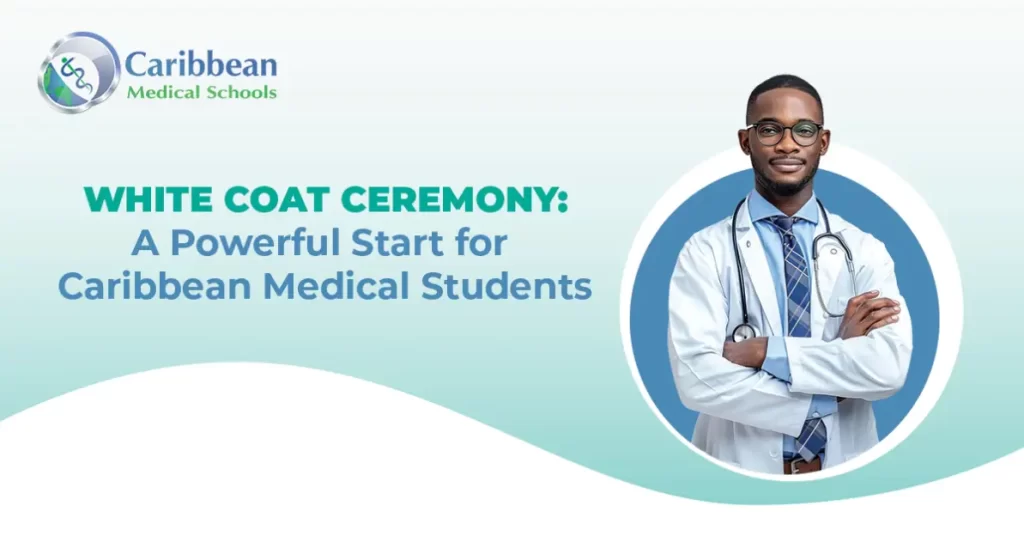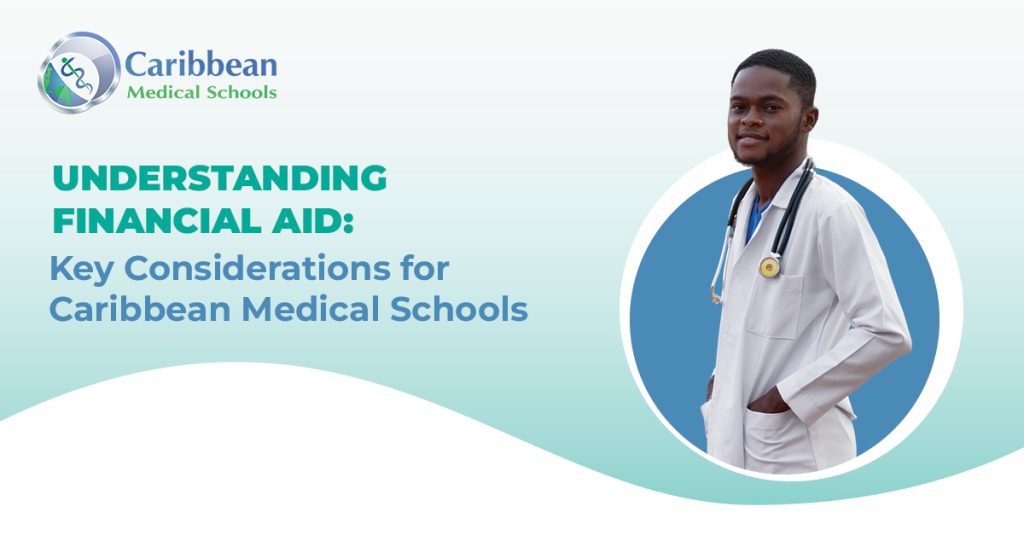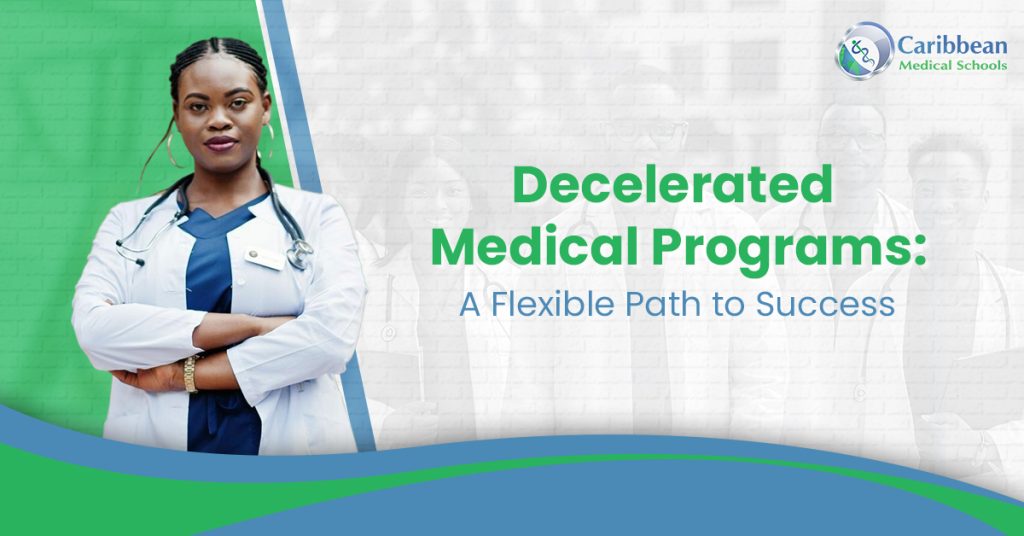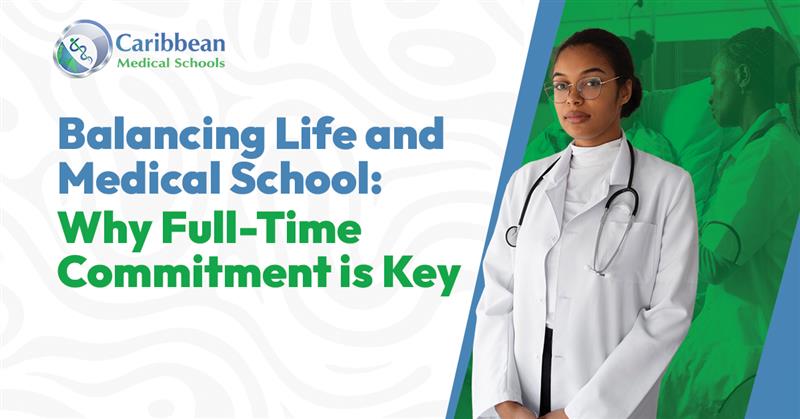Blog Summary
Graduating from medical school is a monumental milestone, especially for those who have studied in the Caribbean. This transition presents a unique blend of opportunities and challenges as new physicians embark on their careers. Whether pursuing further training, obtaining licensure, or entering the workforce, the journey ahead is filled with critical decisions that will shape their future. This article explores various career paths for MD graduates and provides valuable insights into the steps needed to obtain licensure as a physician.
Table of Contents
Post-Medical School Training: The Next Step
For Caribbean MD graduates, completing medical school is just the beginning of their professional journey. The next step for most graduates is securing postgraduate training, commonly known as a residency in the U.S. or Canada, and foundation training in the U.K. This hands-on training is essential for doctors who wish to specialize in fields such as internal medicine, surgery, or pediatrics. Residency programs allow graduates to work directly with patients under supervision, applying their medical knowledge in real-world settings.
Securing a residency spot can be competitive, particularly for graduates seeking positions in U.S. or Canadian hospitals. However, many Caribbean medical schools have established relationships with hospitals, helping their graduates successfully match into residency programs. The key to distinguishing yourself lies in excelling on the United States Medical Licensing Examination, commonly known as the USMLE, obtaining positive endorsements from U.S. clinical rotations, and showcasing a strong dedication to your selected specialty.
Licensure: The Final Step to Becoming a Physician
Once residency training is completed, physicians must obtain licensure to practice medicine independently. In the U.S., this involves passing Step 3 of the USMLE, which assesses the ability to apply medical knowledge in unsupervised settings. For those planning to practice in Canada, it is crucial to pass the Medical Council of Canada Qualifying Examination (MCCQE) and obtain certification from either the Royal College of Physicians and Surgeons or the College of Family Physicians.
Licensing requirements differ in other countries, but the general goal remains the same: proving your competence as a physician through a combination of exams and practical experience. Whether you plan to practice in your home country or abroad, meeting the licensing standards is a critical part of the journey for medical school graduates.
Career Opportunities for Caribbean MD Graduates
Once licensed, medical school graduates can explore a variety of career opportunities. The medical field is vast, offering numerous pathways that cater to different interests and skills:
- Hospital Work: Many graduates begin their careers in hospitals, providing general or specialized care. This setting offers exposure to diverse patient cases and is an excellent way to build experience.
- Private Practice: Some doctors establish their practices after gaining experience. While this route offers independence and control, it also requires strong business acumen and the ability to manage a clinic.
- Specialization: Graduates may pursue further training in a fellowship program to specialize in areas such as cardiology, neurology, or oncology. This path often leads to higher earning potential and a deeper focus on a particular medical discipline.
- Global Health: For those committed to serving underserved communities or tackling global health issues, roles with organizations such as the World Health Organization or Doctors Without Borders can offer fulfilling and significant opportunities.
- Medical Research: Graduates interested in advancing medical knowledge can explore research careers, contributing to innovations in treatment and healthcare technologies.
Challenges and Benefits for Caribbean MD Graduates
While there are many opportunities available, graduates from international medical schools may face challenges unique to international medical graduates (IMGs). There can be some stigma surrounding the quality of education at international institutions, which may lead to additional scrutiny during the residency or job application process. To counteract this, individuals should focus on building strong professional networks, securing excellent clinical evaluations, and demonstrating their capabilities through high USMLE scores and robust clinical performance.
On the flip side, the diverse training environments in the Caribbean offer graduates exposure to a wide range of medical conditions and healthcare systems. This often gives them a level of adaptability and resilience that proves valuable in globalized healthcare settings.
The Future for Caribbean MD Graduates
The demand for skilled physicians continues to grow globally, especially in underserved and rural areas. As healthcare systems face increasing pressure, medical graduates from the Caribbean are well-positioned to fill critical roles. Furthermore, the growth of telemedicine and digital health solutions creates new avenues for career growth, allowing these professionals to provide patient care in innovative ways.
Moving ahead, individuals who keep up with medical advancements and adopt technology will position themselves at the forefront of the rapidly evolving healthcare sector.
Conclusion
Life after medical school is filled with exciting opportunities and the potential for a fulfilling, impactful profession. Graduates can choose various pathways, including working in hospitals, establishing private practices, specializing further, or exploring global health roles. The comprehensive medical education they receive provides a strong foundation for success.
While challenges may arise, persistence and dedication are key to building successful careers and contributing meaningfully to the medical community worldwide. As healthcare progresses, these professionals will undoubtedly be essential in influencing the future of medicine.

